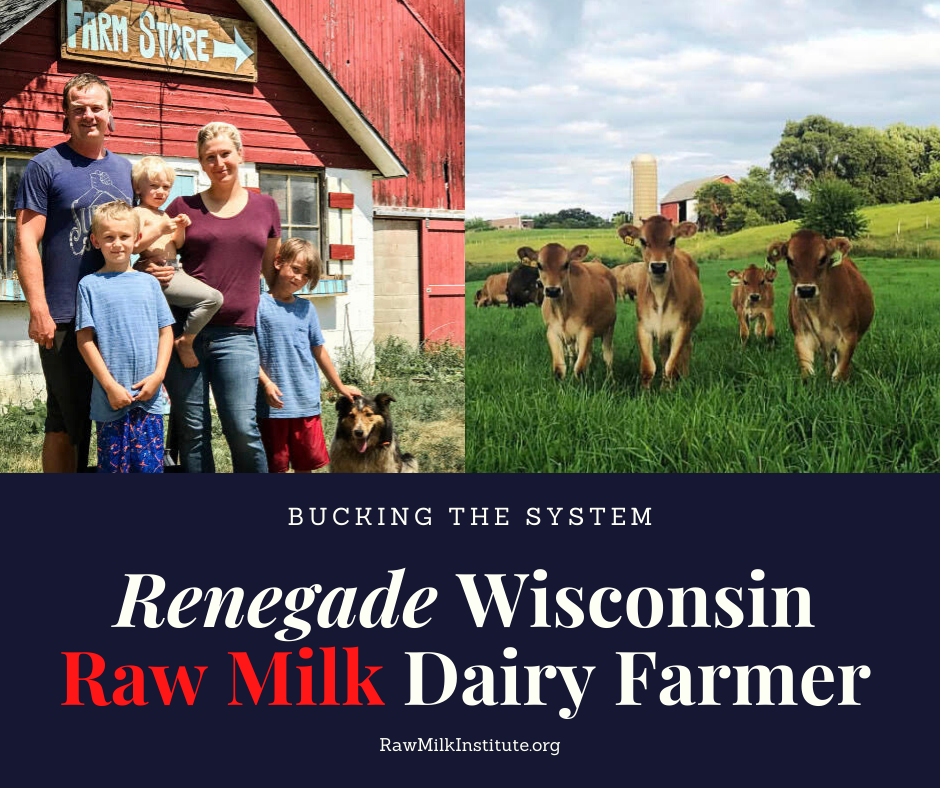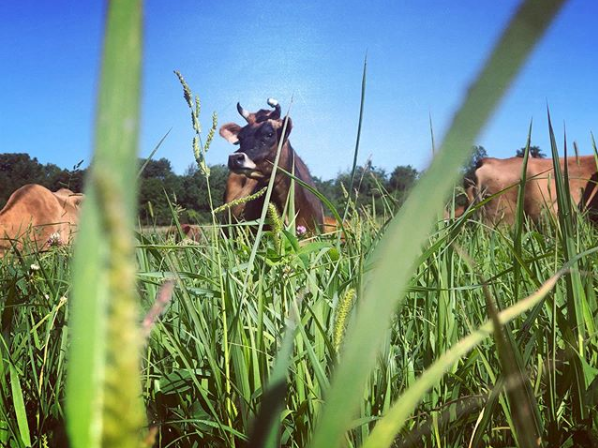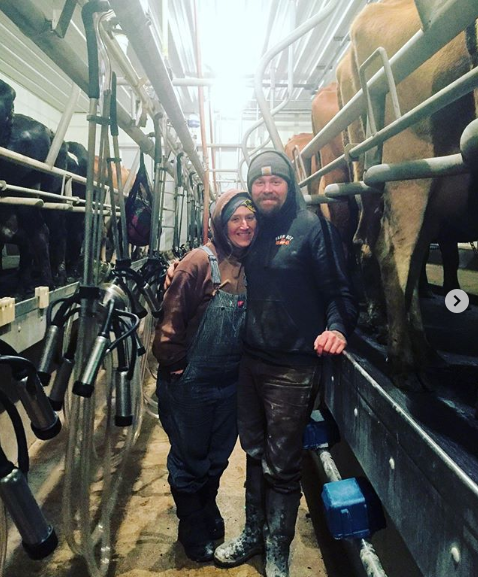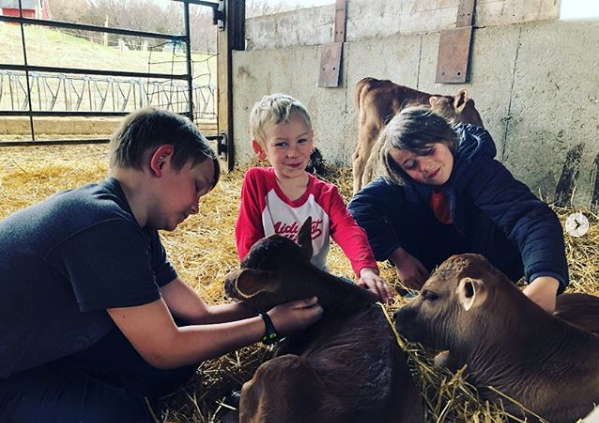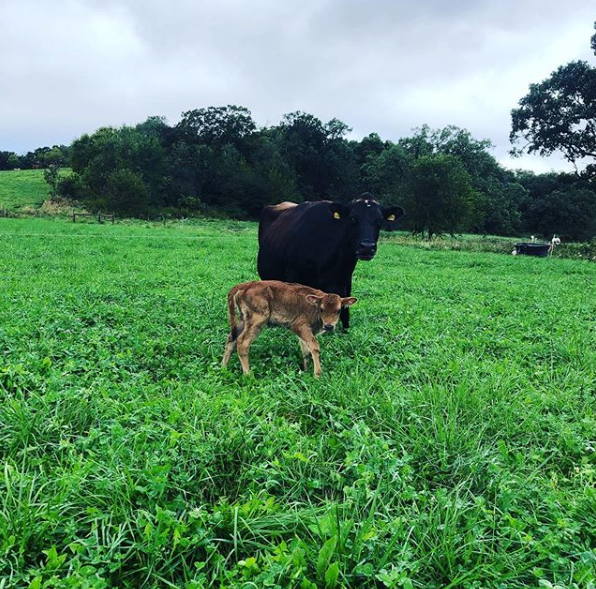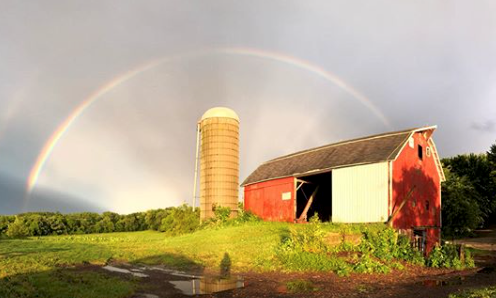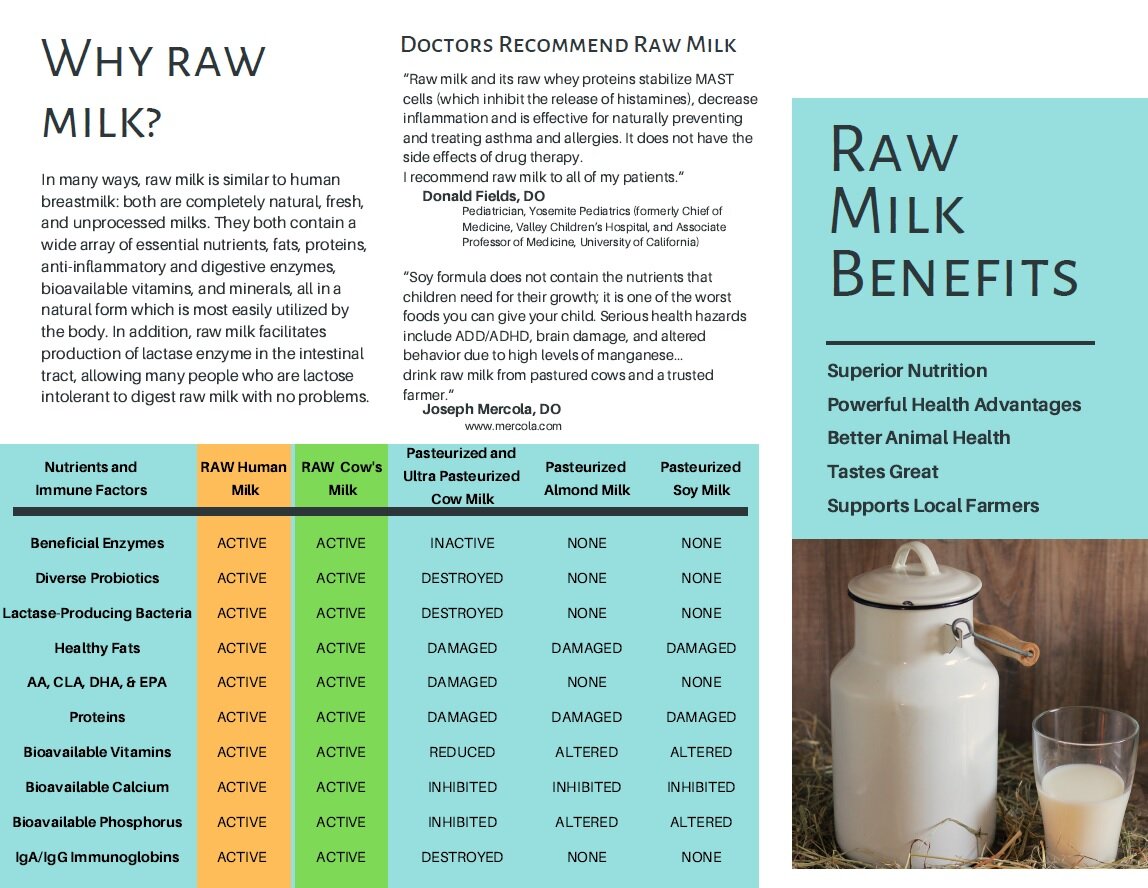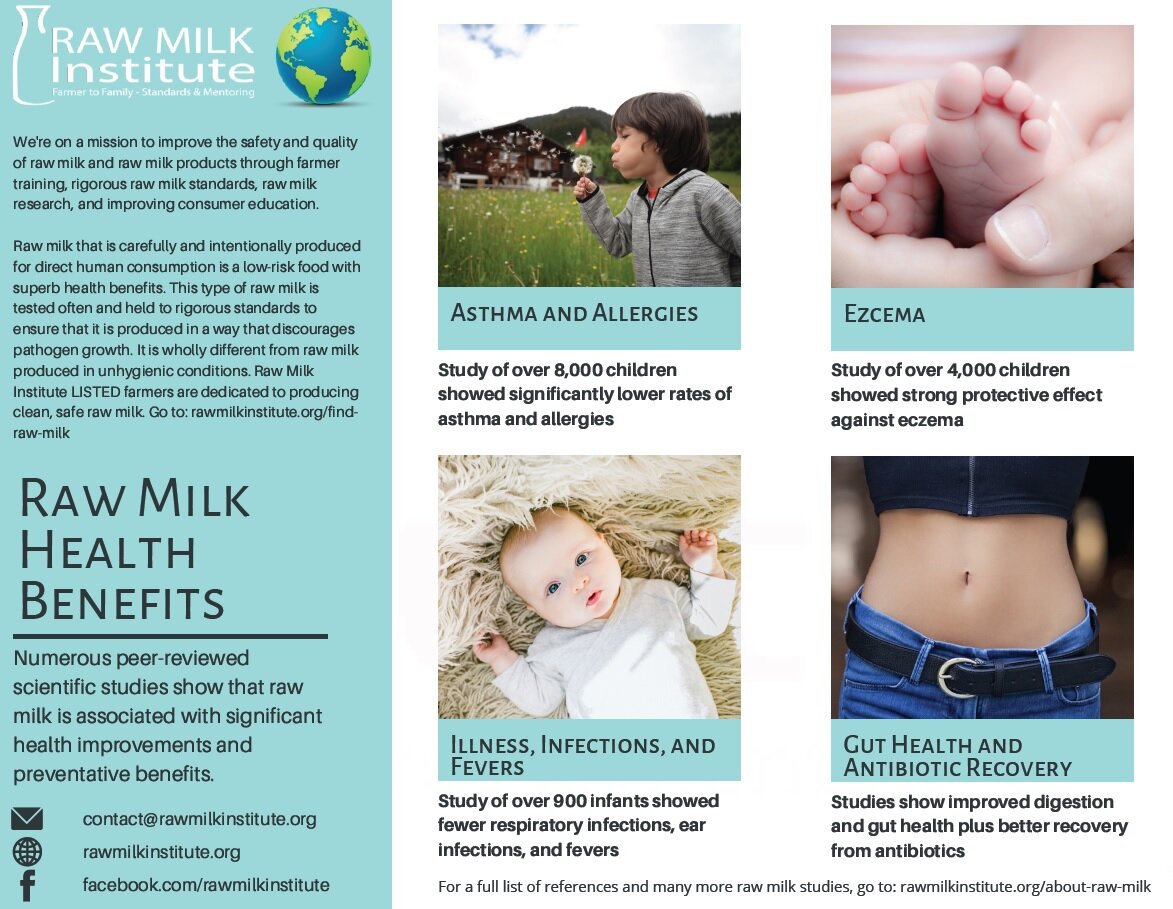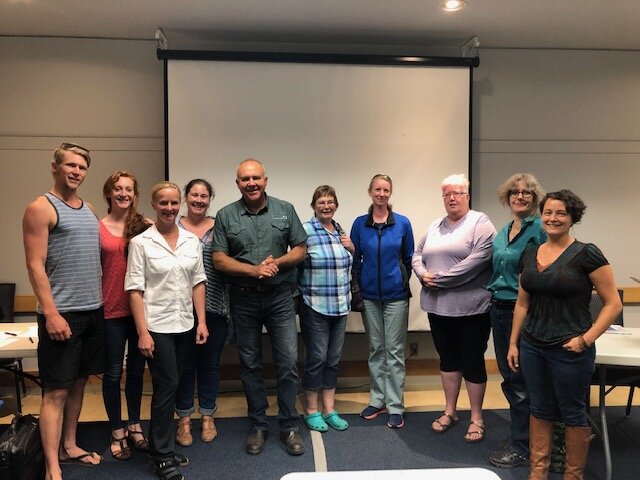The case challenging Canada’s prohibition of access to raw milk continued September 16-18 in Toronto. This case was brought forward by petitioners for Glencolton Farm. Two experts, a regulatory authority for the Canadian government and an emeritus professor in dairy science, were cross examined by the attorney for Glencolton, with assistance from microbial risk assessor and former RAWMI board member Peg Coleman.
As noted in the May 2019 Ripple, RAWMI supported work by independent statistician Dr. Nick Azzolina which confirmed not only that there is no significant increase in outbreak rates with increasing access to raw milk, but also no increase in rates of illness or hospitalizations. With additional support from the Weston A. Price Foundation (WAPF) through the SRA Whole Truth, Whole Milk Campaign, Dr. Azzolina and Peg prepared a technical manuscript recently submitted to the prestigious journal Risk Analysis that includes more context and additional results for rates of illness and hospitalizations over time. For the Toronto case, this high level statistical analysis in both a report and a manuscript submitted for peer-review is directly applicable. Because of this work, expert witnesses for the Canadian government and others cannot make speculations about increasing raw milk outbreaks and illnesses without admitting that their views are based on opinion or flawed studies that are not based on a valid statistical analysis of data.
Other important questions arose in Toronto at last week’s cross examinations by the attorney for the Glencolton Farm petitioners, many regarding methodology for risk/benefit analysis. In cross examination, the experts attempted to dismiss all studies demonstrating benefits on the grounds that the mechanisms of benefit were not fully known. However, their dubious reasoning was challenged on the basis that risk predictions are also highly uncertain, and the mechanisms causing one person to develop illness and another to remain healthy are only partially understood. The reality is that uncertainties exist for predicting benefits as well as predicting risks, and formal methods are available for unbiased assessments.
It has been documented by Loss et al. (2015) that there is a significantly lower risk for children consuming raw versus pasteurized milk for monitored health outcomes including respiratory illnesses, fever and diarrhea. That same year, McCarthy and colleagues (2015) determined that pasteurized milk has unintended adverse consequences for immune system development linked to higher risks for allergy and inflammation than determined for raw milk. The advances of knowledge for raw milk benefits and risks, and their mechanisms, are the subject of another manuscript in preparation through the Whole Truth, Whole Milk Campaign. Thanks to WAPF, RAWMI, and other donors for supporting such rigorous independent analysis using well-described methodologies essential for peer-review, thereby strengthening the scientific basis for future decisions about raw milk in Canada, the US, and around the world.
The Battle for Butter
After years of waiting for the FDA to respond to a formally submitted “Citizen Petition”, there is now an exciting food fight finish on the horizon! Years ago, the FDA denied a Citizen Petition to legalize access to raw milk on a national level and to allow raw milk to be sold across state lines. The FDA's letter of denial was lacking in scientific basis; it denied peer-reviewed literature that was published through the National Institutes of Health, and even denied that the European PARSIFAL study related to raw milk. The PARSIFAL study of over 14,000 children found that there was a statistically-significant lower rate of allergies, eczema, and asthma in kids who were raised in a farm environment and consumed raw milk. Yet the FDA insisted that “farm fresh milk" was not raw milk!
Additional EU studies followed after PARSIFAL and confirmed the findings. Raw milk is a powerful immune system building food. The FDA refused to accept any of this data even though it was PUBMED published and peer reviewed. The FDA position clearly indicated their bias against raw milk, so a different approach was needed to increase consumer access to raw dairy products.
Together with the Farm to Consumer Legal Defense Fund, a third FDA Citizen Petition was submitted in 2015. This petition was about legalization of the shipment and sale of raw butter across state lines. Instead of taking down the whole raw dairy wall, we decided to focus on the weakest brick in the wall: RAW BUTTER! The rest of the bricks would come tumbling down later, after RAWMI had done its work to make raw milk very low risk and safe.


